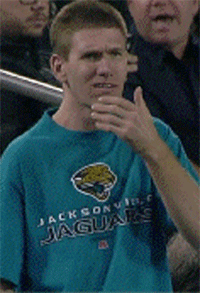But Staggs said nor implied anything of the kind.
The quote is also not his. The 'paradox of choice' quote is the author's: You make people happier not by giving them more options but by stripping away as many as you can.
OK I misread that Staggs said those words, fair enough, but that's clearly WDW policy whether Staggs used those words or not.
This is a company that never builds a thing without it replacing something else, or closing something. A company that reduces operating hours and seasons as much as it possible can. The Disney difference is to provide the minimum possible experience for the maximum amount of dollars, that's hard to deny.
I'm not saying this is always wrong, however - You only have to watch any episode of Kitchen Nightmares to see how misguided it is when restaurant owners complain about streamlining menus because it will put what few visitors they do have off coming back - you don't need those old guests, as the new menu will more than make up for them, is what owners are told, rightly so.
And WDW is the same - those that want new attractions, or expansions, or five star service... we don't need you anymore, there are thousands of Brazilians, Brandies and Frozenistas who can't get enough of the Magic Bands, so you Walties can moan all you like and go up I-4 for your kicks, Disney doesn't care in the slightest, as you're easily replaceable. Some of us may not like it, but that's the truth. Disney is a business, and numbers rule the day.
My main concern with this, however, is that Disney has underestimated how much that could effect income in the future.
Many guests *like* new attractions or expansions, even if does add more choice and lead to the McDonalds analogy of somebody looking at a park map and not being able to decide what to do - but they're relying too much on everyone being a first time guest with 'must-dos', and in the long-term - while the strategy may be boosting numbers today - there will come a time when the parks feel stale, when the economy changes so there's not quite as many new visitors, and when the rival offerings get to the point where a new guest sees little difference. When that day comes, the Disney minimalism approach could come crashing down on them like a falling house of cards.



